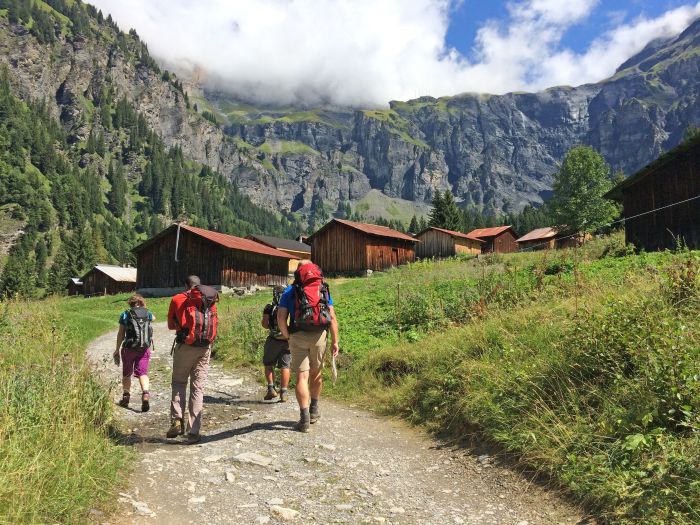Organising your own adventure, as opposed to going with a tour company, can seem like a daunting prospect, but with a little help from Mountain Training (experts in training walking leaders) you’ll soon be trekking across the wilds of some far flung place completely under your own steam.
Independence doesn’t necessarily mean going solo, it just means that everything is up to you and your group of intrepid travellers.
1. Plan for success
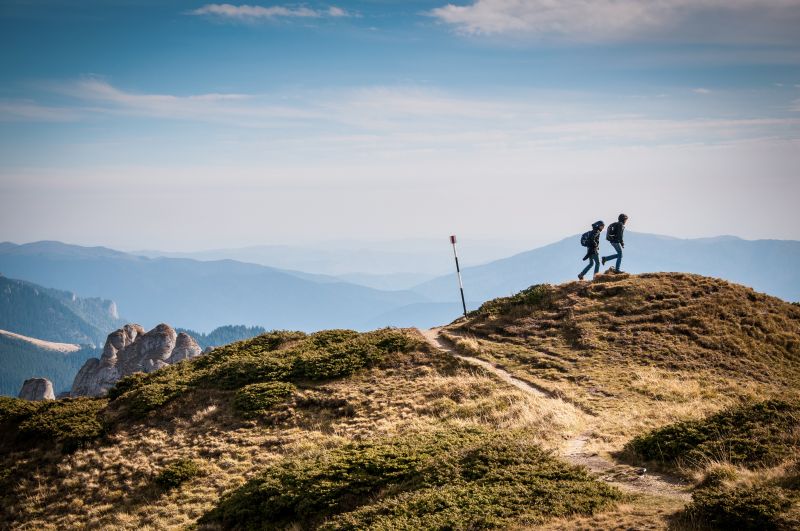
Trekking success will depend on many things and two of the most important are your experience and ability to plan. Visas, permits, insurance, huts, fuel availability and finance are only some of the things that will need to be considered alongside routes and objectives. Do your research in advance and read as much as possible.
2. Stay healthy
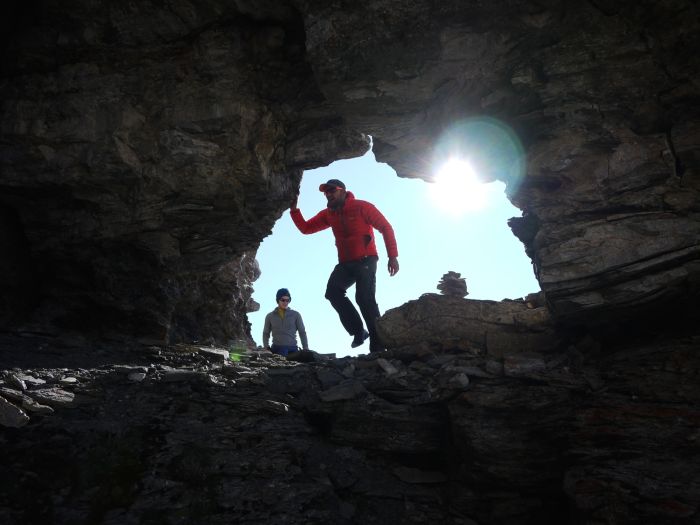 Photo: Rob Johnson
Photo: Rob Johnson
Do your best to stay healthy before you go (get hill fit, immunisations, malaria tablets) and while you’re there drink clean water, eat well and be hygienic. Some medication still needs to be taken after you leave the country and be aware of any unusual symptoms.
3. Stay safe
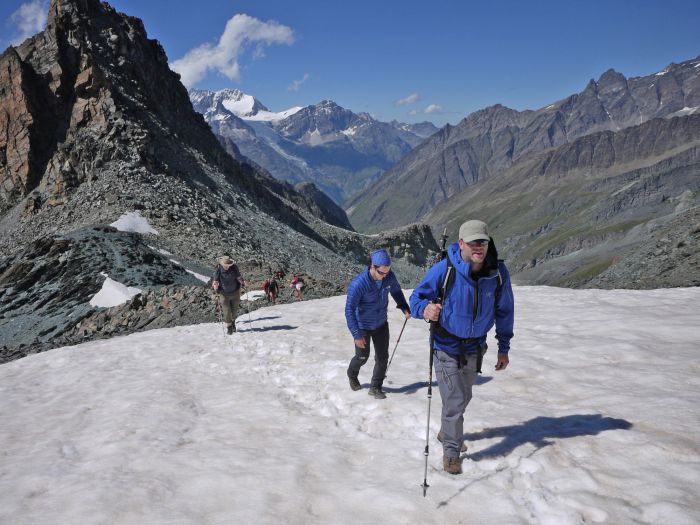 Photo: Rob Johnson
Photo: Rob Johnson
One of the main benefits of trekking with an organised group is the support systems they have in place in the event of an accident or emergency. Create your own support network and put systems in place for a range of disaster scenarios. Thinking through each one and what you would do will help you identify any gaps in your plan.
4. Pack light
Photo: John Cousins
The right kit can make or break your enjoyment of a long journey and taking too much can create a logistical nightmare. So think carefully about everything that goes into your bag(s) and once you’ve sorted clothing and a good pair of boots, take things that have multiple uses like parachute cord (can tie up a tarp, hang a hammock, fix a rucksack or be used as replacement shoe laces).
5. Embrace the culture
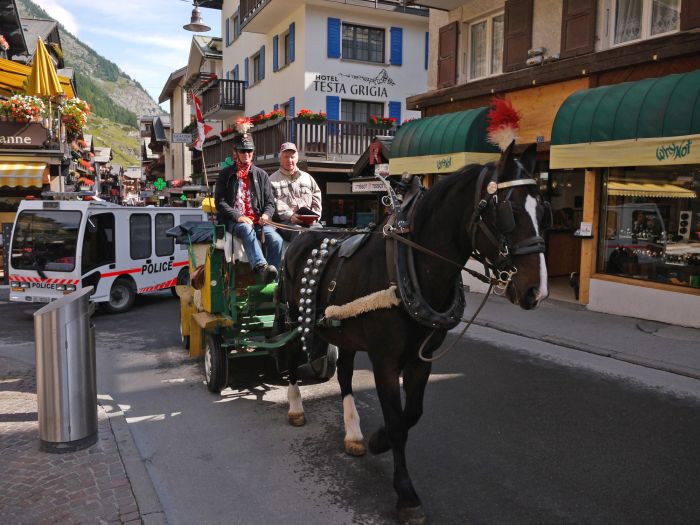 Photo: Rob Johnson
Photo: Rob Johnson
Be prepared to respect local and regional differences in culture, traditions and religion. They’re one of the most fascinating things about travelling abroad and being able to go with the flow will really add to your experience. Customs such as not camping outside an alpine hut and hiring local porters in Nepal will enable you to fit in rather than stand out.
6. Enjoy the adventure factor
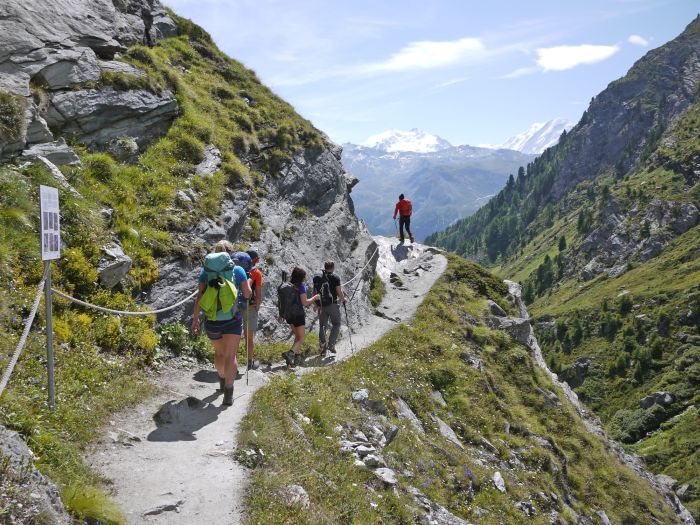 Photo: Rob Johnson
Photo: Rob Johnson
All that planning and preparation has paid off and now it’s time to appreciate every minute of it; the smells, the views, the sounds and the adventure – use all your senses to absorb your surroundings and soak it up as you walk. You made this happen, enjoy it!
7. Love the place you’re in
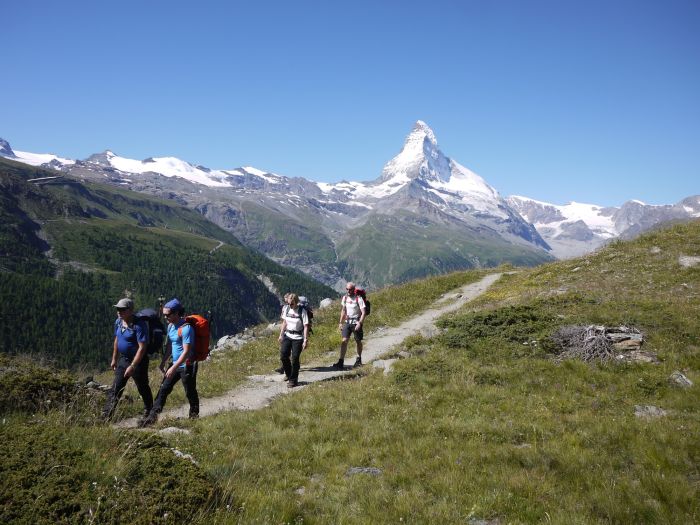 Photo: Rob Johnson
Photo: Rob Johnson
You will have an impact on the places you visit, so try to make it as positive as possible. Think about what can you do to conserve the environment for the future – small things such as walking through a puddle instead of around it can make a big difference to the potential erosion caused by a widening path.
8. Learn from your experience
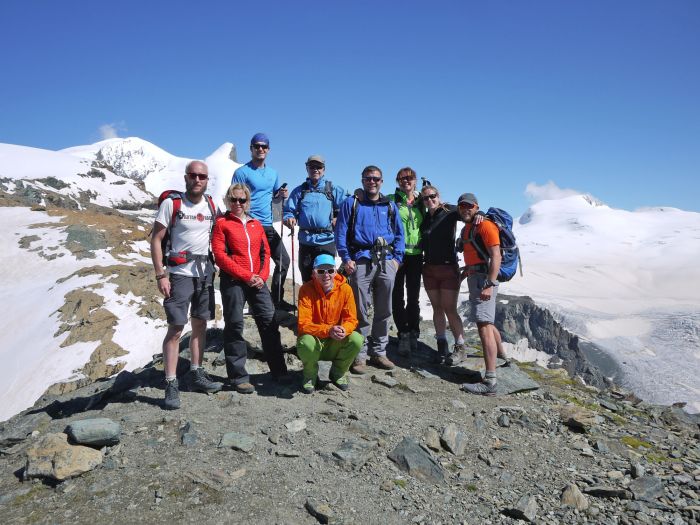 Photo: Rob Johnson
Photo: Rob Johnson
Have you developed a real interest in geology after visiting the volcanoes? Do you loathe camping in the desert but love sleeping in a hammock in the jungle? Did you relish the challenge of learning a new language? The experiences you’ve had (good and otherwise) will help shape your next adventure so learn what you can and start planning all over again!
Want to know more? This information came from Mountain Training’s book, International Mountain Trekking; a practical manual for all trekkers and leaders. It’s packed with essential information and striking illustrations to help you prepare for trekking overseas, whether you’re travelling independently, being led or leading others. The book is currently on sale for £13.50 (RRP £18.95).



